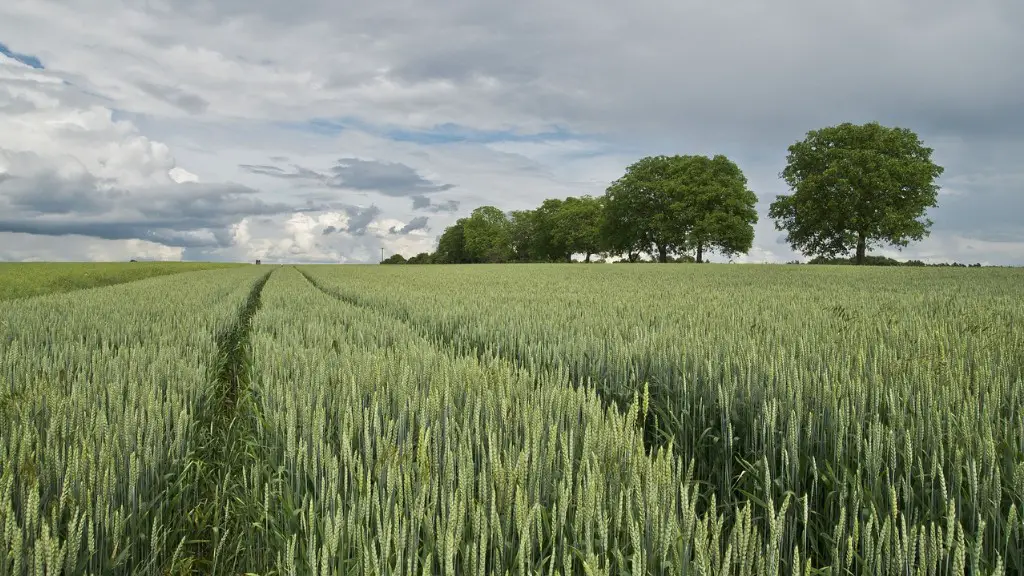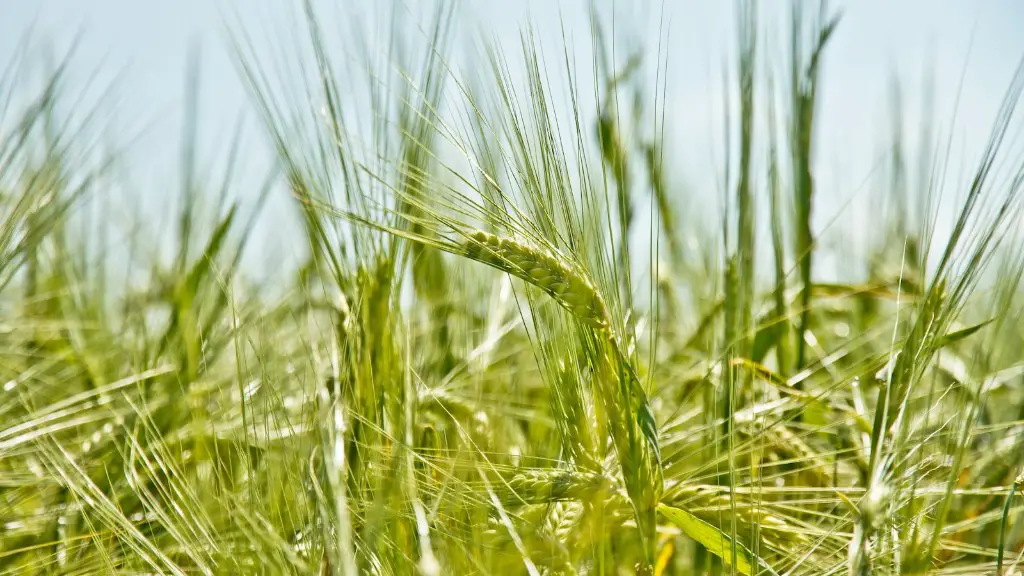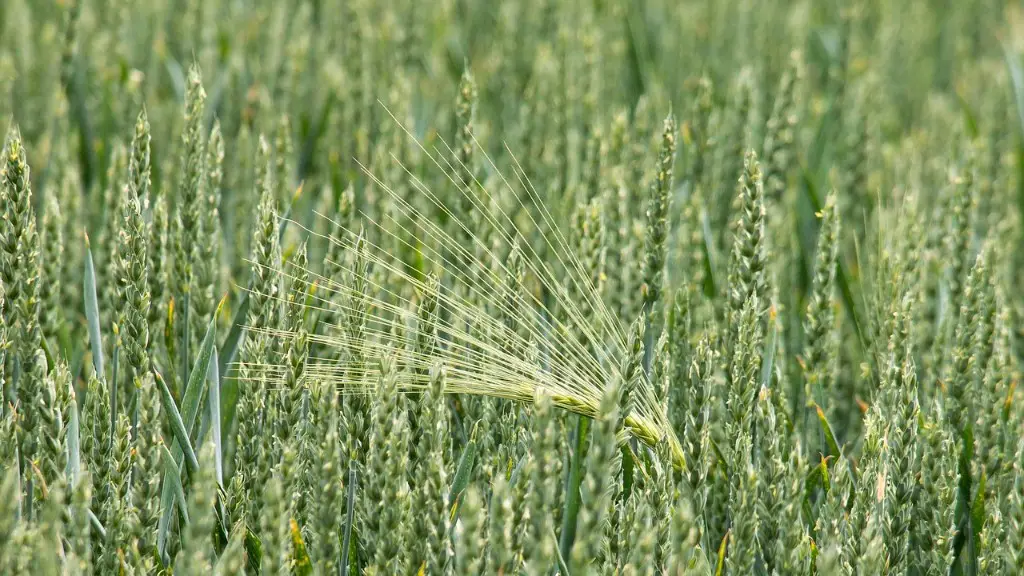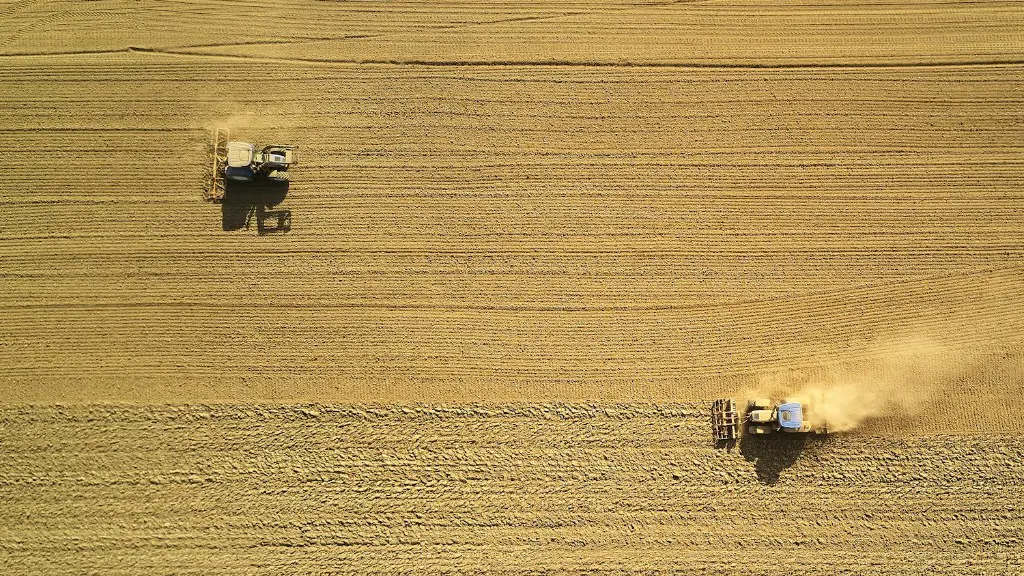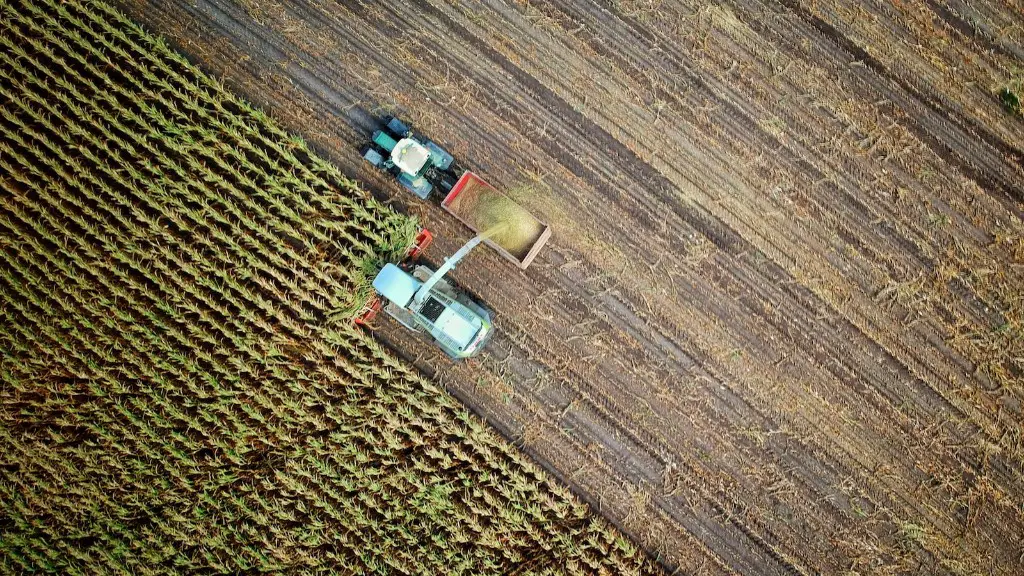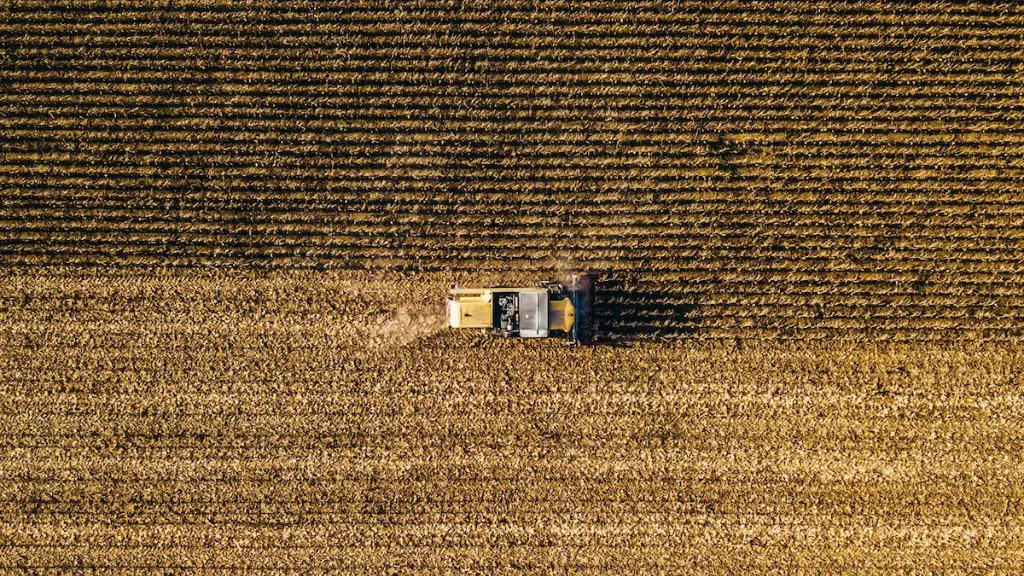Agriculture is the science, art, and practice of producing plants and animals for human use. Agriculture was the key development in the rise of sedentary human civilization, whereby farming of domesticated species created food surpluses that allowed people to live in cities. The history of agriculture began thousands of years ago. Agriculture has played a significant role in human history and has been an important part of human society since its early beginnings. Today, agriculture is a vital part of the global food system, providing food, fuel, fiber, and many other products.
No, agriculture is not a stem field.
What is considered a STEM field?
If you’re majoring in a STEM field, that means your degree program falls under the umbrella of science, technology, engineering or mathematics. While you can’t major in STEM itself, programs in this category include ones that emphasize research, innovation or the development of new technologies.
Agricultural Science is a broad program that exposes students to agriculture in terms of the sciences as well as the economic and social science disciplines that are integral to the industry. Some aspects that students are exposed to include agricultural production, soil and water conservation, research, and business. Agricultural Science provides students with a well-rounded education that can be used in a variety of careers in the agricultural industry.
What are the four fields of STEM
STEM is an acronym for science, technology, engineering, and math. These four fields share an emphasis on innovation, problem-solving, and critical thinking. STEM is important because it helps students develop the skills they need to be successful in the 21st century. STEM education can help students learn to think creatively, work collaboratively, and use data to solve problems.
Agricultural biology is the study of the relationship between plants and animals in agriculture. It is a relatively new field of study that is still being developed. However, it has already shown promise in helping to improve the efficiency of agriculture and the quality of food products.
What fields are not STEM?
Although a non-STEM major may not seem as “exciting” as a STEM major, there are still many benefits to pursuing a degree in a non-STEM field. For one, non-STEM majors tend to have more flexible job options after graduation. This is because the skills learned in a non-STEM major, such as communication and critical thinking, are applicable to a wide range of industries. Additionally, non-STEM majors often have an easier time landing a job after graduation, as there is less competition for positions in fields such as business and education. Finally, non-STEM majors tend to earn higher salaries than their STEM counterparts. This is because the skills learned in a non-STEM major are in high demand by employers.
Although you might know STEM, you should also know it by its full name: Science, Technology, Engineering and Mathematics. In the Indian education system, if you choose the Science stream regardless of biology or mathematics, you are going for a career in STEM.
What kind of profession is agriculture?
Farmers, ranchers, agriculture equipment salespeople, and agricultural scientists are just a few examples of careers in agriculture. Agricultural jobs are critical to keeping the world fed, and as the population continues to grow, there will be an ever-increasing demand for food production. If you’re interested in a career in agriculture, there are many options to choose from.
If you’re interested in pursuing a career in agriculture, there are many different degree programs you can choose from. Best agricultural degrees at the baccalaureate level include agroecology, food systems, environmental sciences/studies, biological sciences, international development, animal science, nutrition & food sciences, and dietetics, nutrition, and food sciences, among others. Each of these fields offers something unique, and each can lead to a rewarding career in agriculture. With so many options available, it’s important to do your research and choose the program that’s right for you.
What is a degree in agriculture called
With an agricultural science degree, you can explore many different topics related to food and farming. You can learn about food science, animal husbandry, farming, veterinary medicine and more. These programs are commonly offered through agriculture science departments at colleges and universities around the country.
The study of STEM subjects can be notoriously difficult, with many students finding themselves struggling to keep up with the pace of the syllabus. The majors on this list are considered to be some of the hardest, due to the complex nature of the material and the high level of difficulty required to achieve a good grade. Physics, in particular, is often considered to be one of the most challenging disciplines, due to its abstract concepts and difficult math. However, all of the majors on this list require a high level of dedication and hard work in order to succeed.
What is the easiest STEM major?
Management science is a very versatile field and provides graduates with a lot of job opportunities. It is also one of the easier STEM majors, making it a great choice for students who want to pursue a career in a STEM field.
STEM subjects are those that fall under the disciplines of science, technology, engineering and mathematics. These subjects are important for those interested in pursuing careers in these fields, as they provide the necessary knowledge and skills for success.
Is agriculture a science or technology
Agricultural sciences are those sciences dealing with food and fibre production and processing. They include the technologies of soil cultivation, crop cultivation and harvesting, animal production, and the processing of plant and animal products for human consumption and use.
Agricultural science is a challenging subject with a low rate of honors. In 2022, only 58% of 6218 candidates got an H1 in agricultural science. In 2021, the average score was 72.
What are the 4 types of agriculture?
There exist four main branches of agriculture, namely;
Livestock production: This branch deals with the raising of livestock such as cattle, poultry, pigs, and sheep. It also includes the breeding and management of these animals.
Crop production: This branch deals with the cultivation of crops such as grains, vegetables, and fruits. It also includes the management of these crops.
Agricultural economics: This branch deals with the economic aspects of agriculture such as the market, pricing, and distribution of agricultural products.
Agricultural engineering: This branch deals with the engineering aspects of agriculture such as the design and construction of agricultural machinery, equipment, and buildings.
It’s no secret that the state of STEM education is in dire need of improvement. In order to keep up with the demand for STEM jobs, we need to make sure that our students are being properly prepared. Here are 26 statistics that help tell the story of the state of STEM education:
1. Only 16% of high school students are interested in pursuing a career in STEM.
2. Only about 30% of students who enter college intending to major in a STEM field actually end up doing so.
3. Women make up less than a quarter of the STEM workforce.
4. African Americans and Hispanics are underrepresented in STEM fields, making up only 11% and 9% of the workforce, respectively.
5. The United States ranks 28th in the world in math and 24th in science.
6. Only a third of fourth graders and a fifth of eighth graders are proficient in math.
7. In 2015, the United States had more than 600,000 open STEM jobs but only about 300,000 people with the appropriate skills to fill them.
8. By 2018, it is estimated that there will be 1.4 million computer science jobs but only 400,000 computer
Is nursing not STEM
Nurses use math, biology, and technology every day on the job, but nursing is not typically included as a STEM field. This is because nursing is rooted in the fundamentals of science and math, like medicine. However, nurses need to apply these disciplines in order to provide quality care to patients. As such, nursing should be considered a STEM field.
There are a variety of STEM Master’s degrees available to pursue a career in STEM. Some of the best degrees include:
1. Software Engineering
2. Material Science and Engineering
3. Data Analytics
4. Cybersecurity
5. Biology
6. Petroleum and Natural Gas Engineering
7. Nursing
8. Mining Engineering
Each of these degrees offer unique opportunities to learn about and work in specific STEM fields. Choose a degree based on your interests and career goals to get the most out of your education and launch your STEM career.
Warp Up
There is no one answer to this question as it is dependent on individual interpretation. However, some people may consider agriculture to be a stem field due to the fact that it involves the cultivation and management of plants and animals for food, fiber, and other products. Others may not consider it to be a stem field because it does not usually involve cutting-edge research or technology.
There is no one-size-fits-all answer to this question, as the field of agriculture is quite diverse. However, many experts agree that agriculture is a stem field, as it is involved in the production of food, fiber, and other plant- and animal-based products. The agricultural industry is also a major contributor to the global economy, and it plays a vital role in environmental stewardship.
